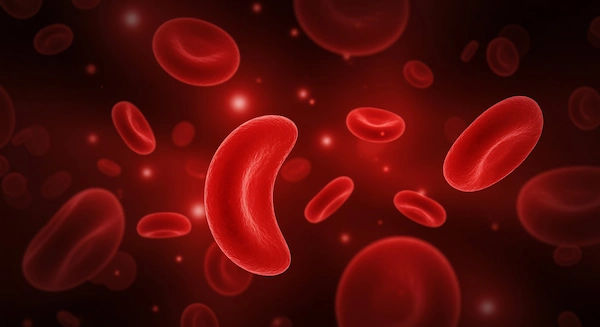- Male
- 15 Years
- 20/02/2025
I'm really worried because my heart rate seems to shoot up when I'm stressed. Sometimes it even hits between 160 to 180 bpm. What can I do to get it back to normal? Any tips on how to reduce my heartbeat when this happens?
Answered by 1 Apollo Doctors
Increased heart rate due to tension can be concerning. To help reduce your heart rate, you can try deep breathing exercises and relaxation techniques. Additionally, you can take a beta-blocker medication like Metoprolol at a starting dose of 25mg once daily. It can help lower your heart rate and reduce the effects of adrenaline on your heart. However, it is important to consult with a healthcare professional before starting any new medication.
Dr. Kareemulla Suggests...
Consult a Cardiologist
Answered 04/07/2025
0
0

Ask Apollo
AI powered Health Chatbot
-
Immediate Actions: a. Practice deep breathing exercises to calm your nervous system. b. Try progressive muscle relaxation to reduce tension.
-
Lifestyle Modifications: a. Engage in regular physical activity to improve cardiovascular health. b. Limit caffeine and alcohol intake, as they can increase heart rate.
-
Long-term Strategies: a. Consider mindfulness or meditation practices to manage stress. b. Consult a healthcare provider for personalized advice and potential treatment options.
-
When to Seek Help: a. If high heart rates persist or are accompanied by chest pain or dizziness, seek medical attention immediately.
Answered 10/09/2025
0
0

More Cardiology Health Queries
View allI'm 27 and have had no bad habits. For the last eight months, I've been experiencing these quick chest pains on the left side; they just last about 5 to 15 seconds, and they come and go. I've been to the cardiologist and had around 20 ECGs, an echo, and a lipid profile done, and everything came back normal. The thing is, I don't feel any pain during heavy work, just at random times. I'm worried and wondering if this is a heart issue or maybe something physiological? Also, at home, my heart rate is slow, but as soon as I enter the hospital and the tension hits, my heart rate spikes. What could be going on?
It sounds like you may be experiencing episodes of non-cardiac chest pain, especially since your cardiology checkups including ECG, echo, and lipid profile have come back normal. Non-cardiac chest pain can be caused by issues such as muscle strain, anxiety, or gastrointestinal problems. Since your symptoms have been ongoing for eight months and are not related to heavy work, it is less likely to be a heart-related issue. To help with the chest pain, you can try taking over-the-counter pain relievers like acetaminophen. Additionally, practicing relaxation techniques or deep breathing exercises may help with episodes of high heart rate related to tension. If the chest pain persists or worsens, it would be advisable to consult with a doctor for further evaluation and management.
Answered by 1 Apollo Doctors
I'm noticing something strange and I'm a bit worried. My heart rate seems normal, but I've been feeling my whole body pulse with each heartbeat. I can even see my clothes moving around my chest, and if I'm holding something, it moves too. I especially notice it when I touch my abdomen or my neck. On top of that, I've been having some light chest pains every now and then. Could this be something to be concerned about? Any advice would be appreciated.
See a specialist for accurate diagnosis and targeted treatment.
Answered by 1 Apollo Doctors
I'm really worried about using the ziverdo kit for someone who's already taking a mix of medications, like 5mg of warfarin, 500mg of hydroxyurea, ciplar la 40, and 88mcg of thyroxin. Do you think it's safe to go ahead with the kit, or could there be some complications with these meds?
yes you can use it
Answered by 1 Apollo Doctors
Disclaimer: Answers on Apollo 247 are not intended to replace your doctor advice. Always seek help of a professional doctor in case of an medical emergency or ailment.

 How can I calm my heart during stress?
How can I calm my heart during stress? 
_3.webp)
